**Note: This page is for educational inspiration and is not officially affiliated with World Hello Day. World Hello Day is an international observance held annually on November 21st. It was founded in 1973 by Brian McCormack and Michael McCormack as a response to the Yom Kippur War, with the intention of promoting peace through communication. The day encourages people to greet ten strangers as a simple act of personal communication to demonstrate the importance of dialogue over conflict. For official information and to learn more about the initiative, including content directly from its founders, please visit the official World Hello Day website: www.worldhelloday.org.
Saturday 21st November 2026
Understanding World Hello Day in EYFS & KS1
Hello there! 👋🌍 World Hello Day is an international observance held annually on November 21st. It was founded in 1973 by Brian and Michael McCormack as a direct response to the Yom Kippur War, with the simple yet profound intention of promoting peace through personal communication. The day encourages individuals to greet at least ten strangers, demonstrating that basic communication can be a powerful tool to foster understanding and resolve conflicts.
For early years settings, nurseries, preschools, childminders, and Year 1 and Year 2 classrooms, this day provides a wonderful and accessible theme for exploring communication, kindness, friendship, respect, and understanding the world through different cultures. It's about teaching children the value of a simple greeting, how it can initiate positive interactions, and how acknowledging others contributes to a peaceful community. This day offers fantastic planning ideas and inspiration for engaging activities that truly resonate with young minds, making learning about social skills and global awareness both friendly and impactful.
Why Is Teaching About Greetings & Communication Important for Young Children?
Integrating greetings and communication skills into your practice with young children (aged 0-7) is incredibly important for fostering their social development, emotional intelligence, and ability to connect with others. Learning how to greet and communicate effectively is a fundamental building block for all future relationships and learning.
Social Development: Teaches children how to initiate positive social interactions, make friends, and build relationships (Personal, Social & Emotional Development).
Emotional Intelligence: Helps children understand how greetings can make others feel welcomed, valued, and happy.
Language & Vocabulary: Introduces different ways to say hello and goodbye, including in various languages, expanding vocabulary and cultural awareness (Communication & Language, Understanding the World).
Respect & Politeness: Fosters manners and respect for others by teaching the importance of acknowledging people.
Safety & Awareness: Helps children learn to greet familiar people safely and recognise the importance of communication in different contexts.
Conflict Resolution (Foundational): By promoting dialogue, it lays a very early foundation for understanding that communication is key to solving problems, not conflict.
Engaging Greetings & Communication Activities for World Hello Day (0-7 Year Olds)
Make World Hello Day a truly welcoming and interactive experience with these planning ideas and activities perfect for EYFS and KS1 children. The focus is on saying "hello," making connections, and spreading kindness! Many of these early years and year 1 activities can be supported by the extensive range of printable resources we have available on our 'Kindness & Friendship' and 'Communication & Language' pages.
Here's some inspiration for fostering positive greetings and communication in your setting:(Please use your own discretion and knowledge of your children to ensure appropriateness of each activity and safety concerning any materials given and activity undertaken.)
Greetings Around the World: Learn how to say "hello" in different languages. Display our 'Languages Poster - Hello', 'Languages Poster - Welcome', 'Languages Poster - Welcome - Smile Background' to introduce various greetings. You could incorporate simple phrases into daily routines. This links to Dual-Language resources.
Welcome Displays: Create inviting welcome displays in your setting. Use our 'Welcome - 'Happy Faces' Display Posters' and 'Welcome - 'Hands On Heart' Display Posters'.
The Power of a Greeting: Discuss with children how saying "hello" can make someone feel happy, welcomed, or noticed. Use 'Hands On Heart Poster/ Wall Art/ Discussion Prompt' and 'Hands Up Poster/ Wall Art/ Discussion Prompt' to initiate discussions about gestures of welcome and respect.
Kindness Through Greetings: Link greeting others to acts of kindness. Use our 'Let's Show Kindness - Activity Prompt Poster' and 'Let's Show Kindness - Activity Prompt Cards'. Encourage children to give a kind greeting to ten different people throughout the day (e.g., peers, staff, parents).
Friendship Building: Talk about how saying hello is the first step to making a friend. Use 'Kindness And Friendship - 'My Lovely Friend' Mark Making', 'What Makes A Good Friend' and 'Friendship' Card Templates’
Acts of Kindness Display: Acknowledge and celebrate when children make an effort to greet others or show kindness. Use 'Acts Of Kindness' Activity And Display'. Children can draw or write about their kind greetings using 'Acts Of Kindness' Mark Making/Drawing/Writing A4 Sheet'.
Respect and Friendship Posters: Display our 'Respect, Friendship, Love - Posters to reinforce core values associated with positive interactions.
Role-Play Greetings: Set up a 'Role-Play Area' where children can practice greeting each other in different scenarios (e.g., meeting someone new, greeting a shopkeeper).
Picture Communication: Use 'Picture Communication' resources to help non-verbal children or those with emerging language skills to greet others using visual aids.
Communication Games: Play 'Fun And Games' that involve turn-taking in speaking and listening, such as "Pass the Greeting" where each child says "hello" to the next person.
Explore More: For an extensive catalogue of resources on these themes, please visit our 'Kindness & Friendship' page and our 'Communication & Language' page!
These activities offer great inspiration for making World Hello Day a memorable and impactful experience in your early years and Key Stage One setting, fostering communication skills, social awareness, empathy, and a fundamental understanding of respect in relationships.
To explore ideas surrounding additional early years events, please visit our 'Special Dates Calendar' page.
Printable resources to support teaching & learning surrounding: ‘World Hello Day’
Welcome & Greeting teaching aids such as setting displays
Resources to help foster ‘Kindness & Friendship’ amongst EYFS & KS1 children
Please visit our ‘Kindness & Friendship’ page to browse our entire collection of educational materials on this theme.
Resources to help foster ‘Communication Skills’ amongst EYFS & KS1 children
Additional Pages you may like to explore which cover relevant &/or Connected themes
More Early Years Event Pages for November
Sweet treats and healthy eats! 🍬🥕 Sugar Awareness Week is an annual campaign in the UK, organised by Action on Sugar, typically held in November. Its primary goal is to raise awareness of…
Let's sprinkle kindness everywhere! 💖 World Kindness Day is an international observance on November 13th, introduced in 1998 by the World Kindness Movement. Its core purpose is to…
Let's make a stand together! ❤️ Anti-bullying Week is an annual event in the UK, organised by the Anti-Bullying Alliance (ABA), typically taking place in November. It aims to raise awareness of…
Twinkle, twinkle, little star! ✨ World Nursery Rhyme Week is an annual initiative, typically held in mid-November, created by Music Bugs in 2013. In 2025, the event is being held from the 10th…
Let's explore and discover! 🧪🔬 World Science Day for Peace and Development is an annual event celebrated worldwide on November 10th. Established by UNESCO (United Nations…
She sells seashells by the seashore! 🗣️ International Tongue Twister Day is an informal observance, typically celebrated on the second Sunday in November (In 2025 on November 9th)…
Let's learn outside! 🌳☀️ Outdoor Classroom Day is a global campaign to inspire and celebrate outdoor play and learning, with two designated days each year: one in May and one in November…
Road Safety Week is an annual campaign coordinated by Brake, the national road safety charity. It's a fantastic opportunity to bring the vital message of road safety into your early years setting…
Explore special dates (including awareness dates, festivals, celebrations & events) relevant to your EYFS & KS1 children
Browse our ‘Special Dates Calendar’ page using the link below. You’ll find calendars for every month of the year to aid your planning!
CLICK HERE to visit our ‘SPECIAL DATES CALENDAR PAGE’ for an entire year of key EYFS & KS1 events, festivals & celebrations.
SEARCH ‘LITTLE OWLS Resources’ USING THE FOLLOWING MENU BUTTONS…
Disclaimer:
This page is for educational purposes only and is intended to support early years and primary practitioners with ideas and resources related to 'World Hello Day'. We are not officially affiliated with or endorsed by Brian and Michael McCormack, who founded this observance, other than providing their official website as a source of information about the initiative. We do not claim any rights to specific trademarks or official materials associated with this event. For more information on peace and communication initiatives, you can explore various educational and linguistic organisations.





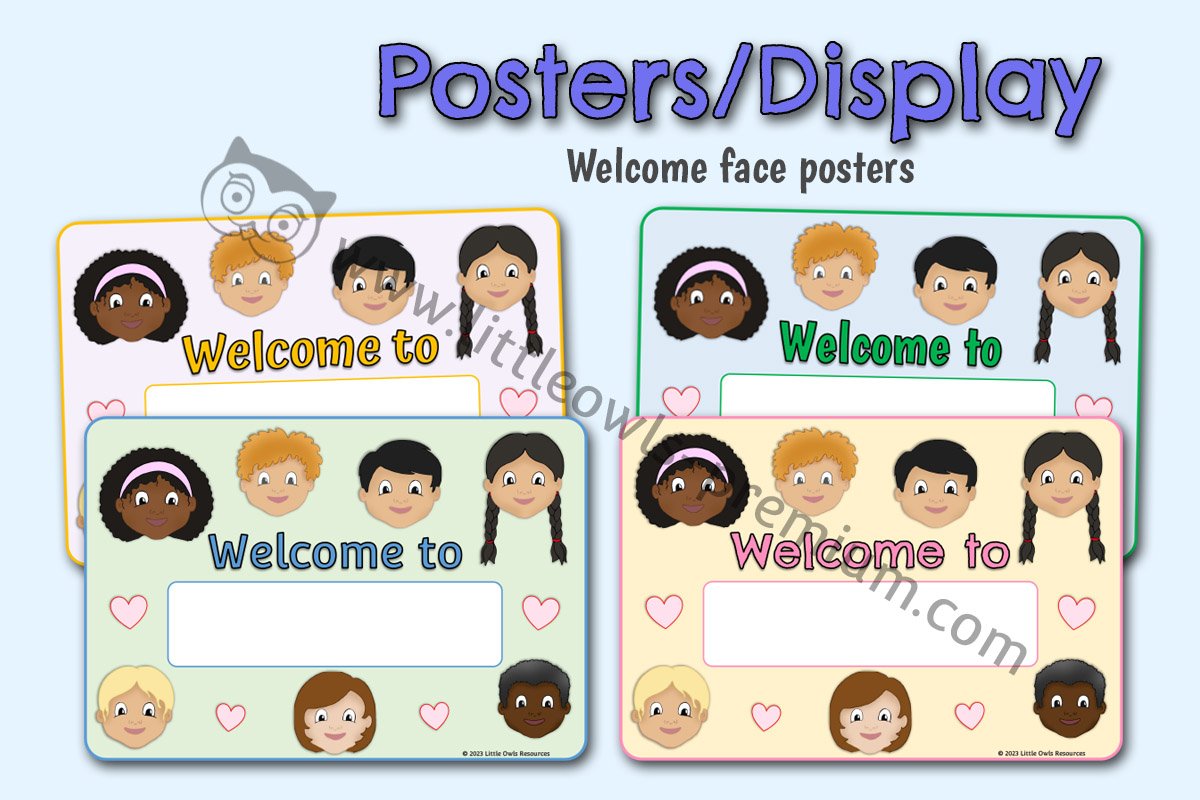


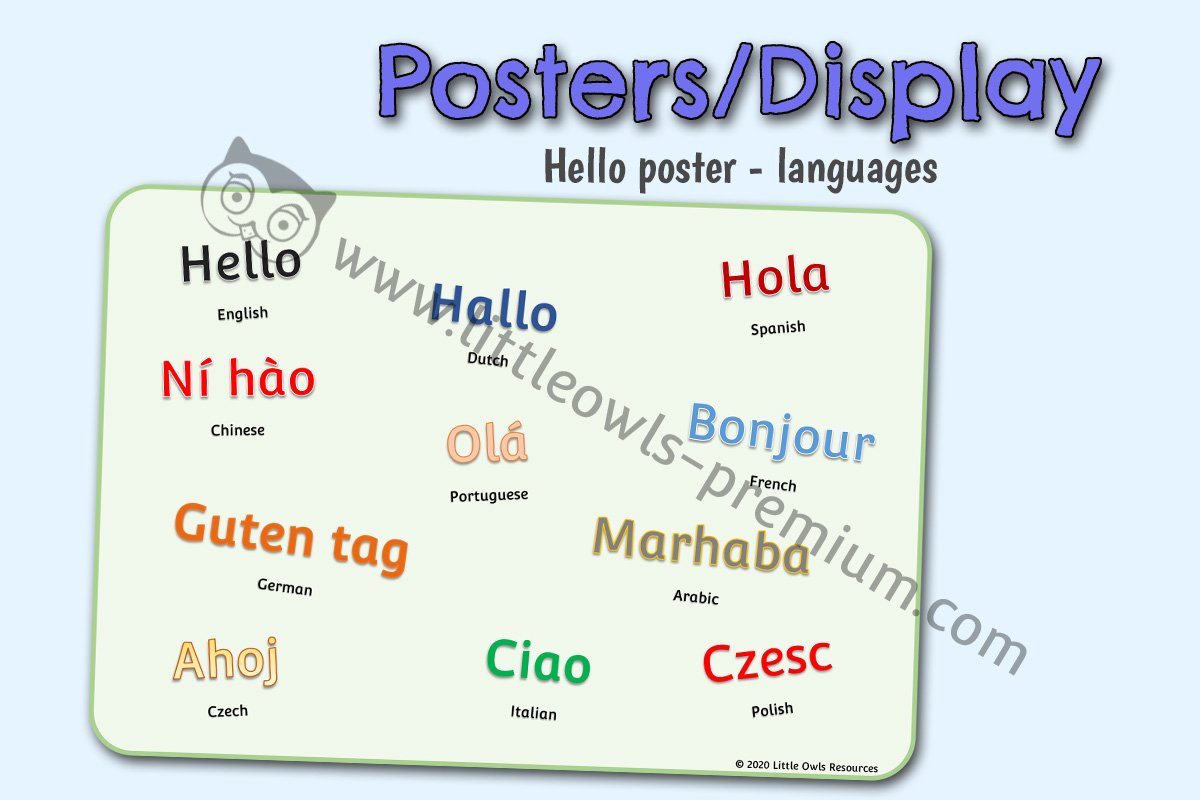

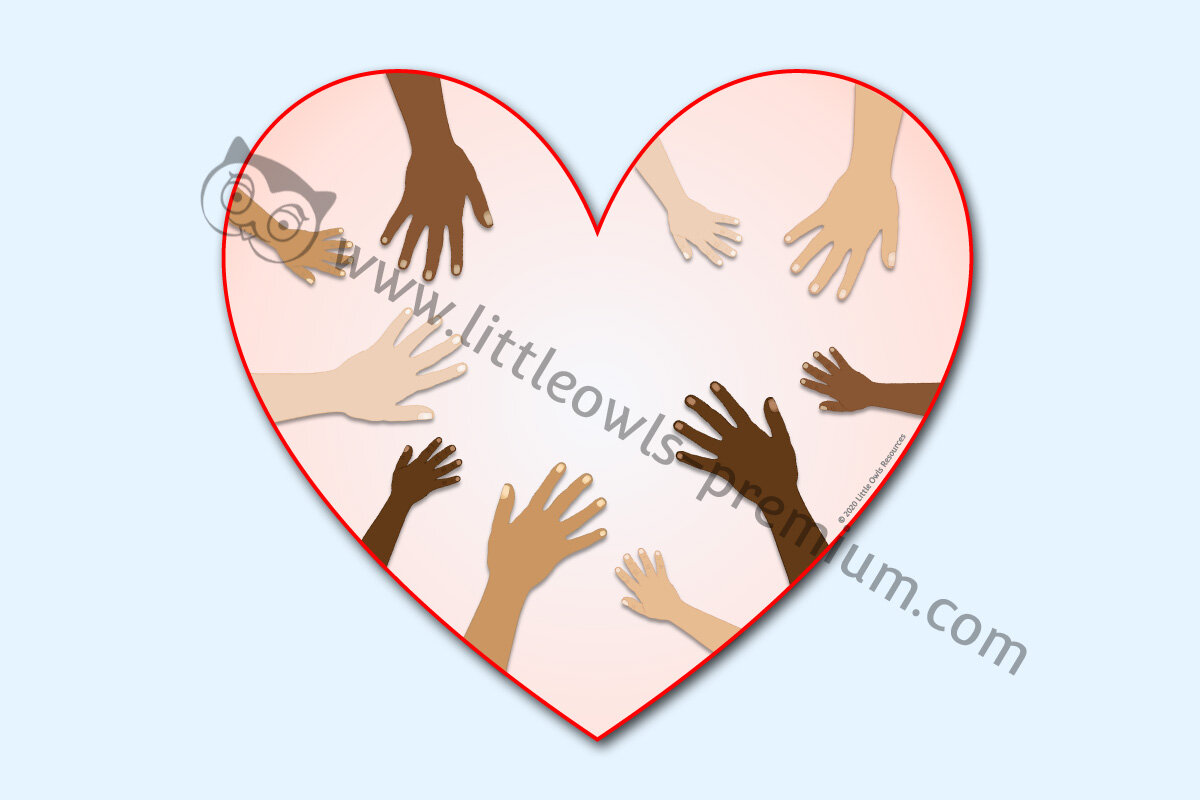
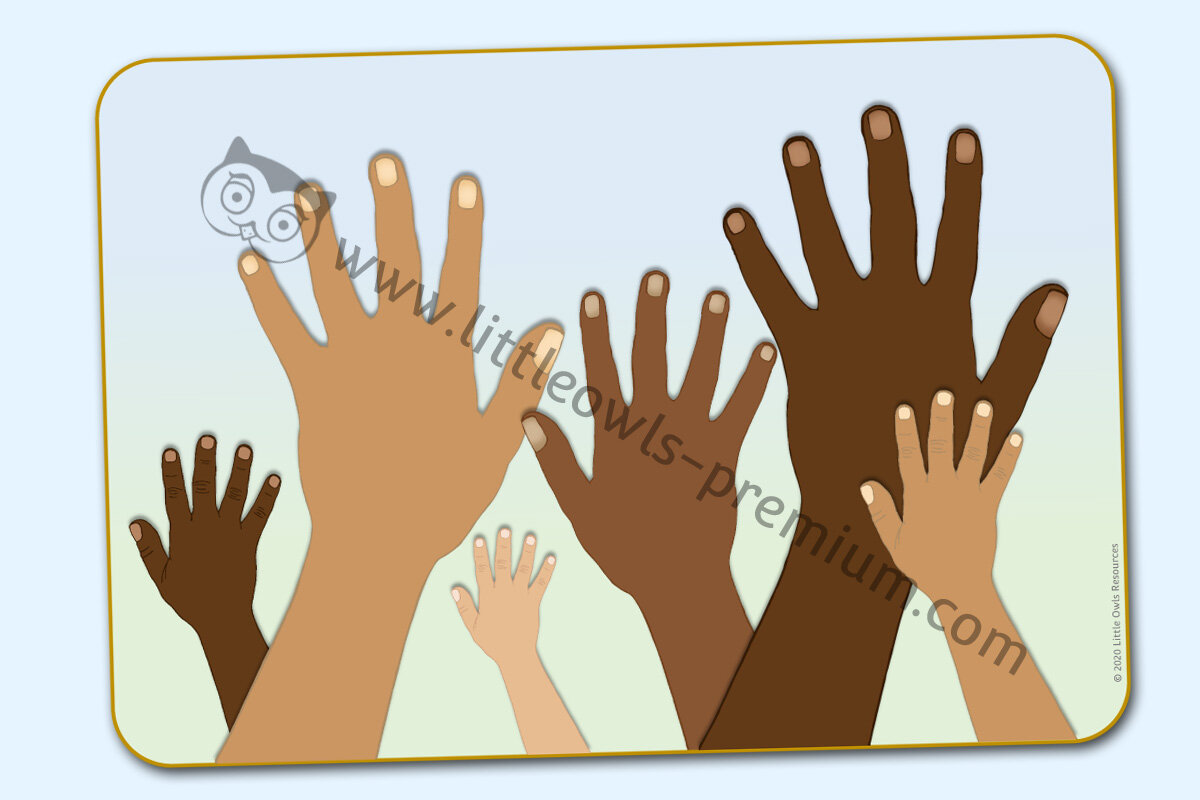
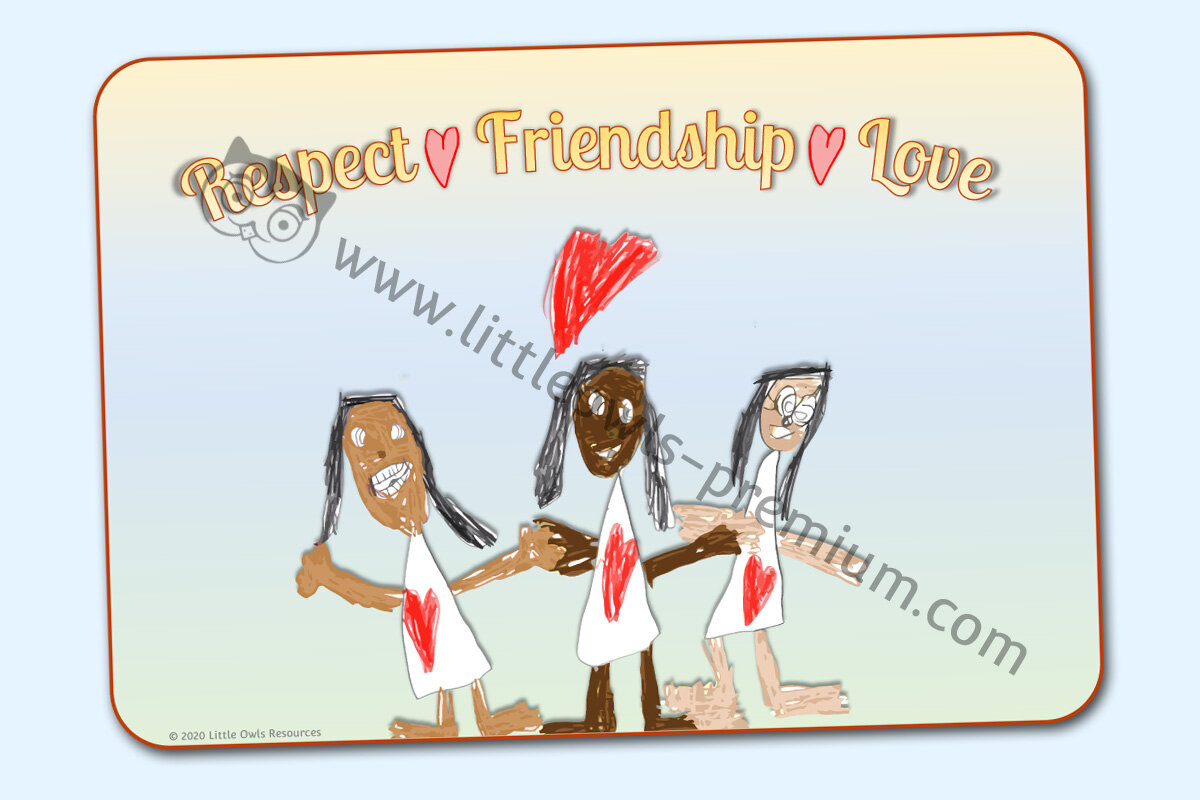
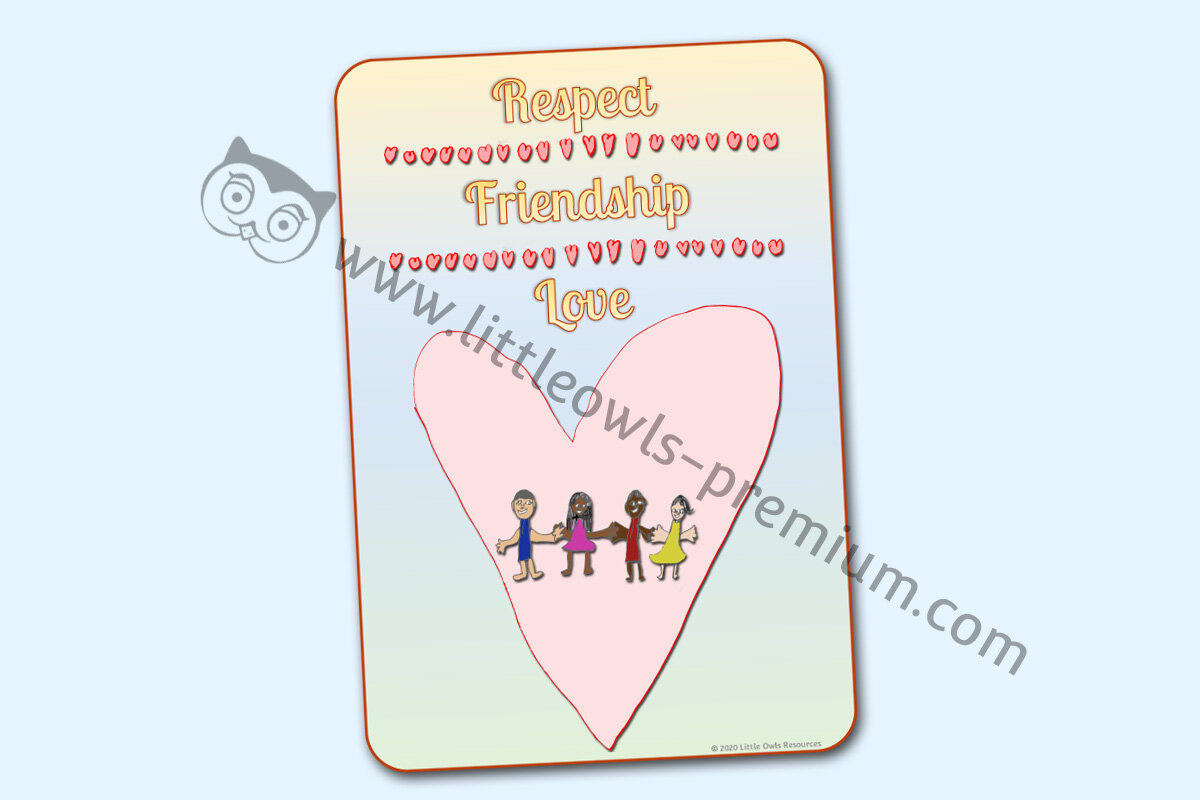
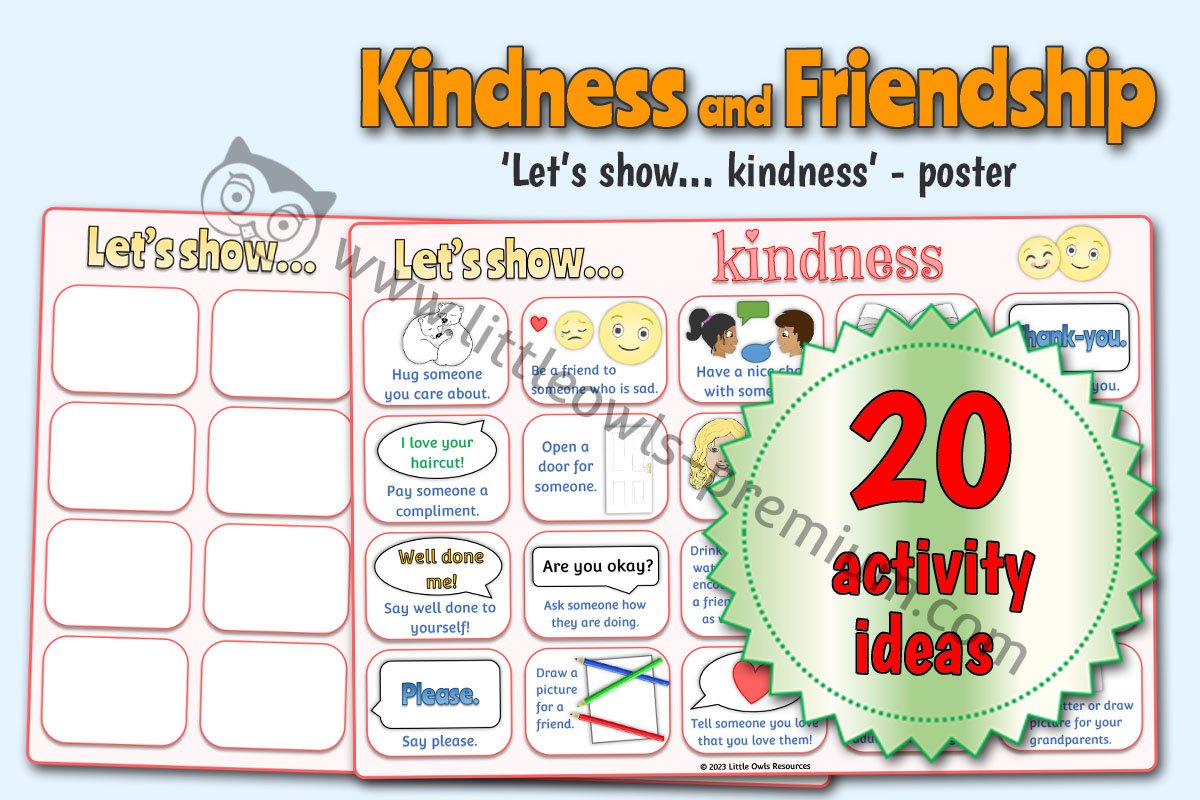

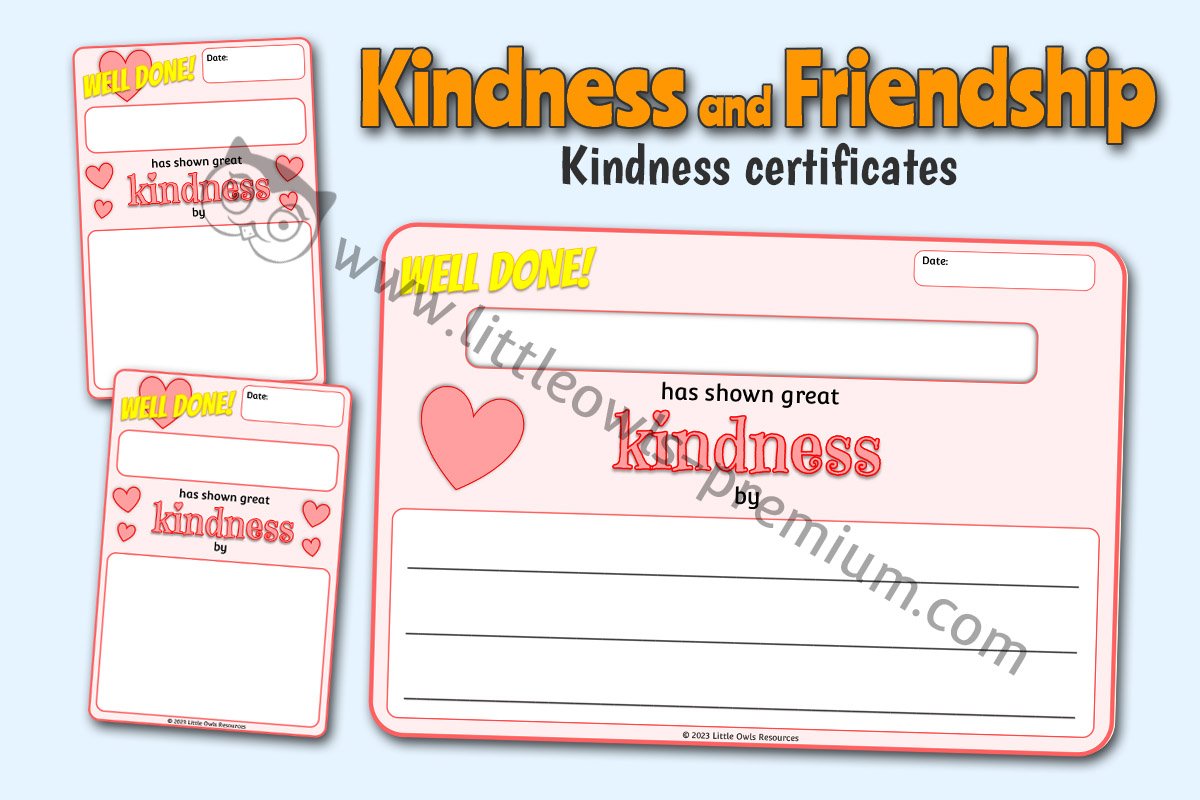










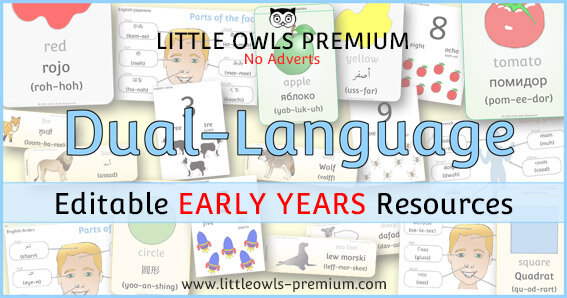
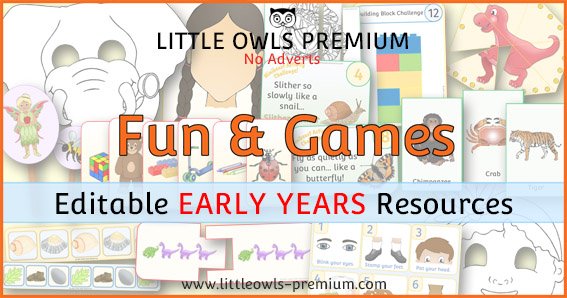
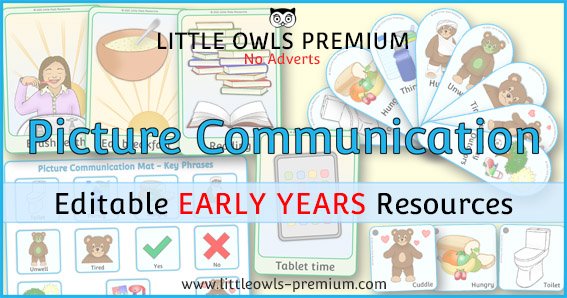
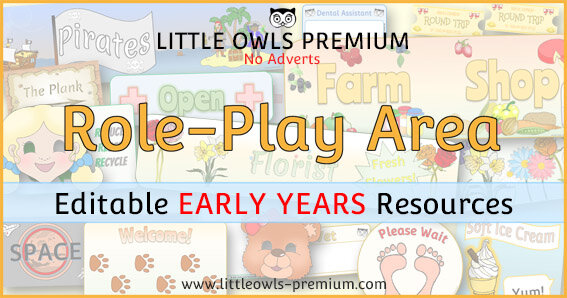

















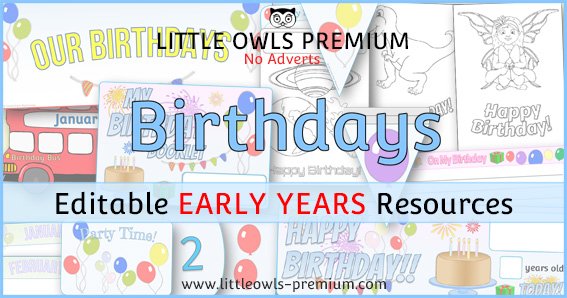
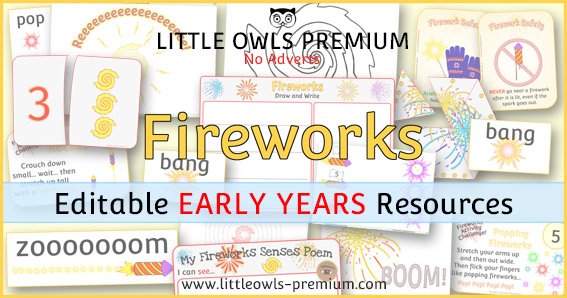
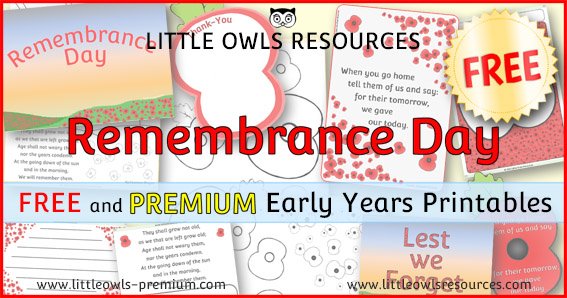
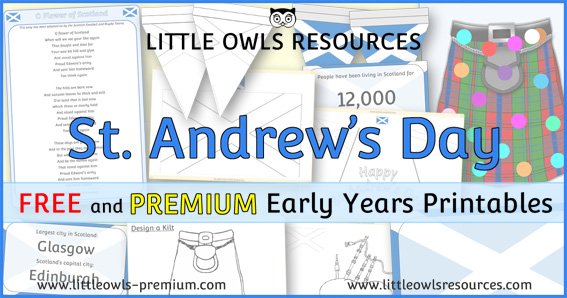
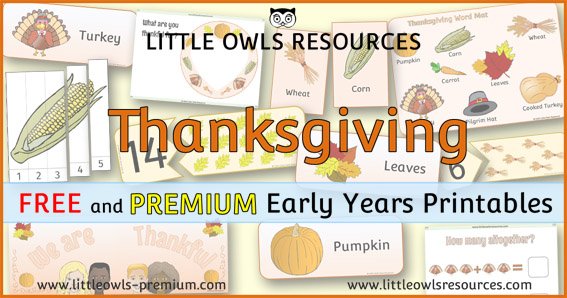








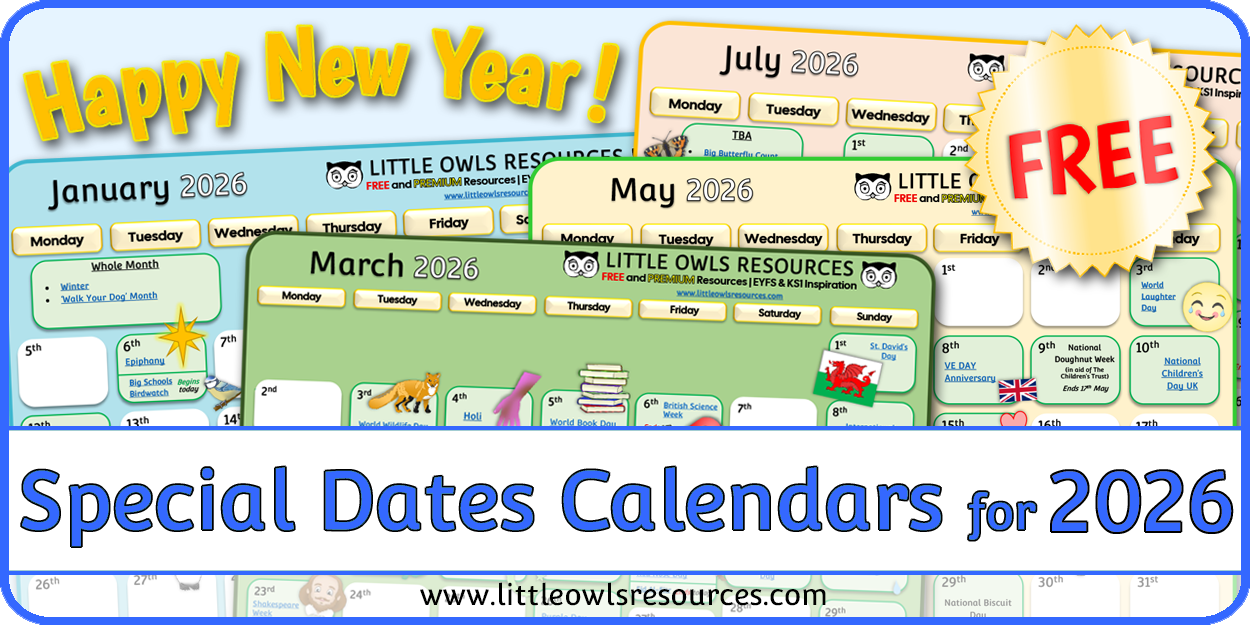
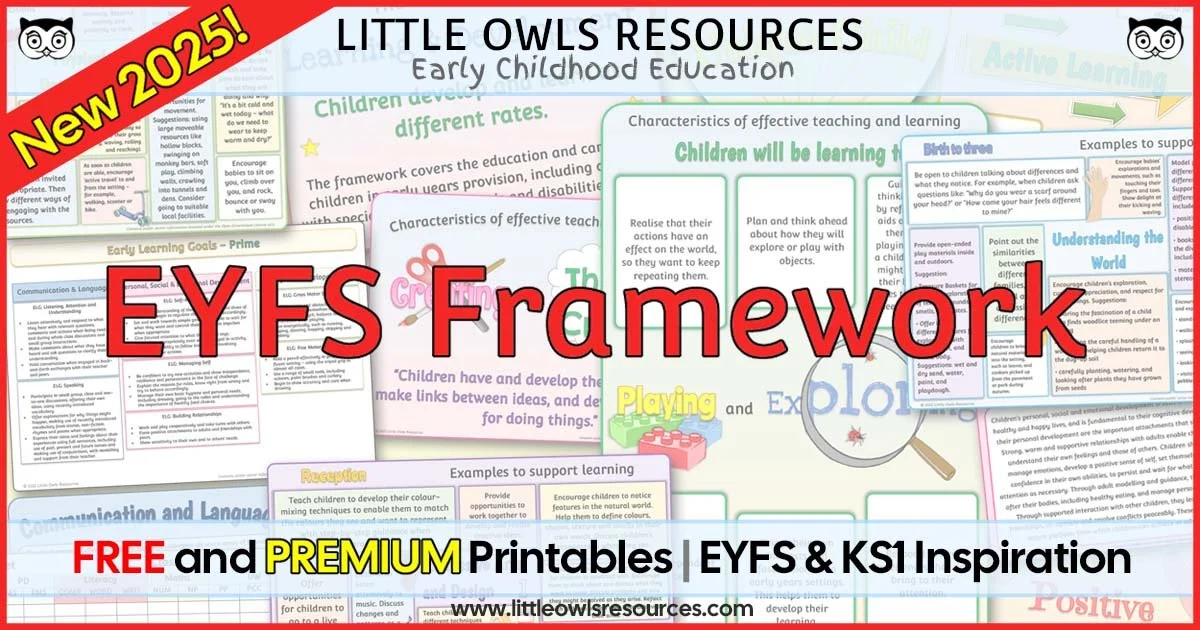

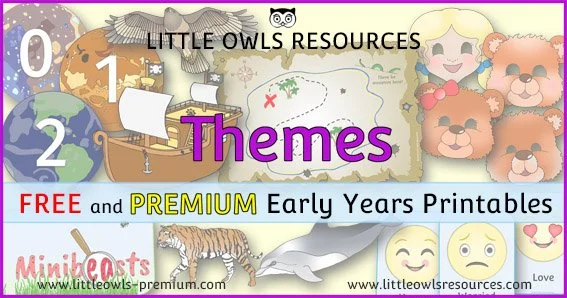

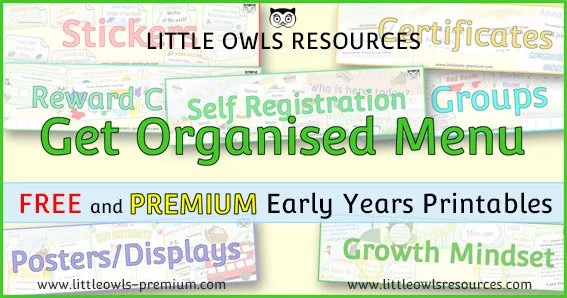

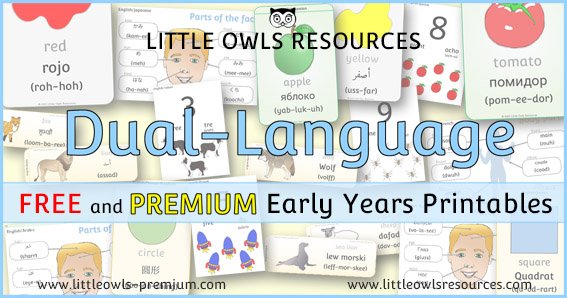
Hello there! 👋🌍 World Hello Day is an international observance held annually on November 21st. It was founded in 1973 by Brian and Michael McCormack as a direct response to the Yom…